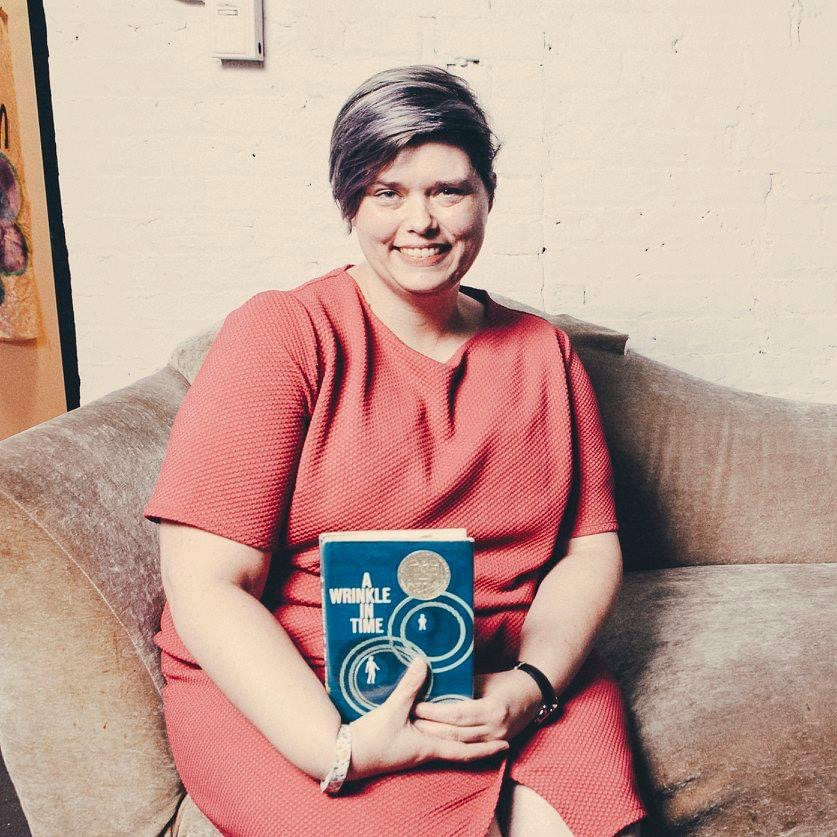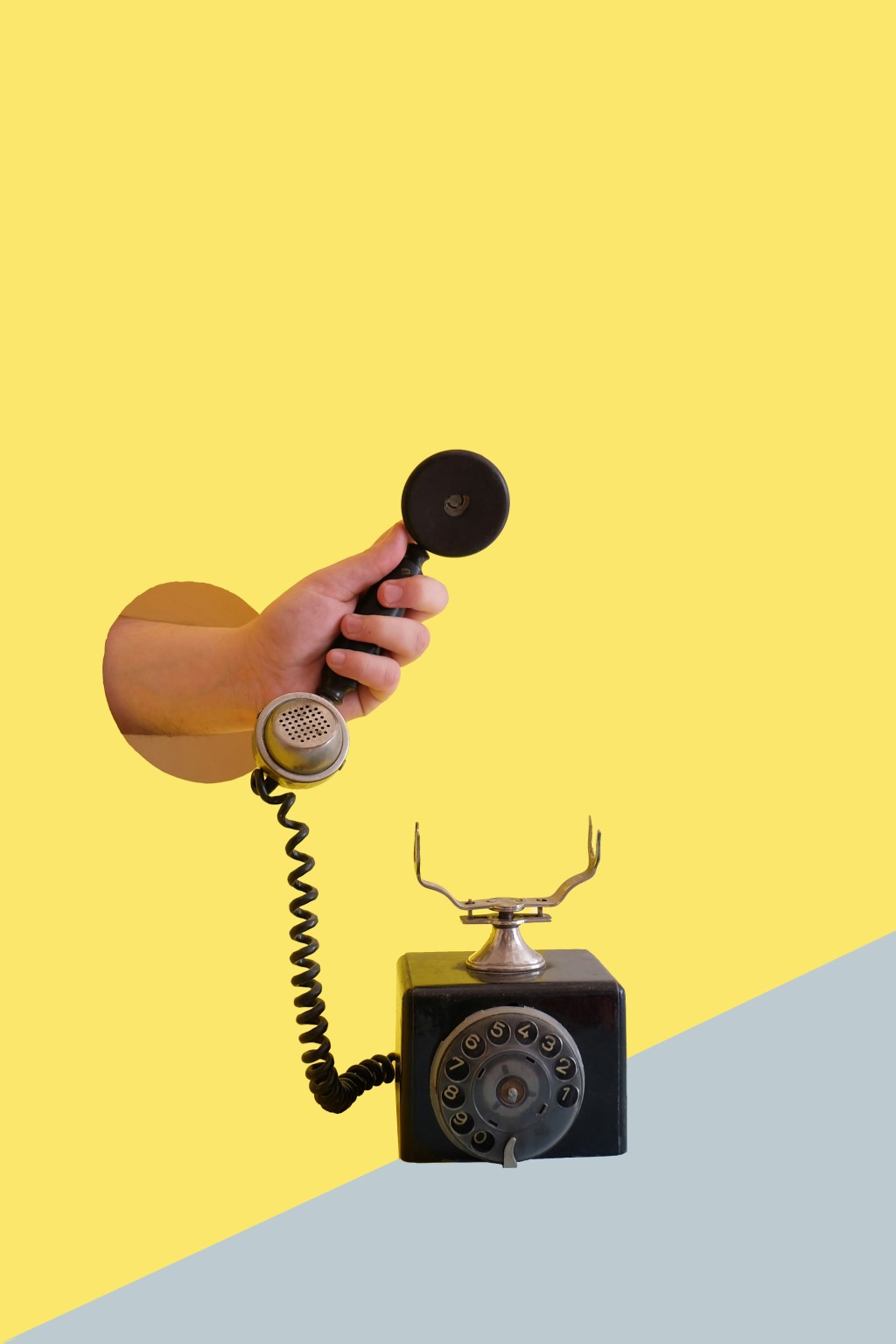Fair warning: as you might guess from the title of this post, things get a little explicit.
As someone who assisted with and witnessed many a pig castration as a young child, I must tell you that it is not something to celebrate, so rest assured that Mr. Wizner, in titling his novel Castration Celebration, is out to grab its readers by the balls from the get-go.
This book is raunchy. (For a synopsis see this review, because I am both lazy and like linking to the work of others). There is a song about Bella Swan engaging in cunnilingus while on her period, which the characters in the book think must be like hitting the jackpot for a teen vampire. There are references to bestiality (actually pronounced best as in best in show, not beast as in beauty and the beast. I knew a guy once who just harped on that point, because I, uh, actually have written a song about bestiality, and pronounce it beast in the song, which apparently really bothered this guy, which in turn bothered me. Uh, moving on). There is much talk of eunuchs and castration. There is lots of pot smoking, lascivious smiling, and (off-page) intercourse.
There is also a lot of discussion about what art is, Shakespeare, the writing of plays, the writing of songs, and what love actually is. There is an incredibly sweet passage in the book, in the chapter that is in present tense. The main characters, Olivia and Max, after much Beatrice and Benedick banter, end up close to one another on a couch after an all nighter of play-writing:
He looks at her and she looks at him, and she smiles at her in a way that says, “Isn’t this nice?” and she smiles at him in a way that says, “It’s very nice.”
These same kids have spent the majority of the book making raunchy penis jokes, but you know what? It’s mostly talk, the same sort of talk many of us engage in to hide our soft underbellies, to prevent the world from seeing us as vulnerable. I find that to be very true, and the sweetness of that single sentence is a cutting counterpoint to all of the raunch that precedes and follows it.
That is one element that makes this book work. The other element is the slightly arch and detached tone, and the 3rd person voice (we switch pretty often between Max and Oliva) that holds us at a distance, so the lewd things these kids say, and some of the more shocking things they do, never really hit home for us. At least, that was my experience. The tone and style of this novel were quite different than much of the YA I’ve been reading, and I actually liked it quite a bit.
I was lucky enough to be present in a room of teenagers while the author read the menstruation oral sex scene aloud. The energy in the room was incredibly strange–I know I was filled with a mixture of discomfort and sheer giddiness at the inventiveness of the writing.
From the responses I heard, to both the excerpt and the questions the author posed (questions such as, is there an age at which teenagers should have unfettered access to all media? etc), this group of kids, at least, knows what they are ready to read and what they are comfortable with reading. They were titillated by this book, but also a bit nervous about it, and they all seemed aware that just because these characters in a novel said and did certain things that didn’t make them good role models.
I, for my part, piped up and mentioned that not every book is for every reader, and that readers need to find the books that are right for them. The book does have a very High School Musical cover design, but I hope that enough people know what castration is to be cued to the idea that this book might not be a suitable readalike for fans of the HSM machine.
This book is Young Adult in a way that I wish the genre would explore more…in fact, we almost need a different category in some respects, because right now YA seems to be honed in on the 6th-12th grade span of years, when, technically, young adulthood as a developmental stage doesn’t end until about age 25, and this book is definitely better suited to the upper end of that range, being juniors and seniors in high school and college freshmen and sophomores. I’d give this book to older teens and younger adults who like musicals, dirty jokes, and meta-elements in their fiction.
Here are some other reviews of Jake’s novel:
I don’t think this woman actually read the book.
I love bookshelves of doom, and her take is pretty similar to mine.
The Reading Zone gives a good synopsis of the book, something I neglected to do.
This guy The very articulate and astute Melissa likes it as a reader, is troubled as a bookseller, which is a valid point to make. It would be ideal to have that older YA distinction in bookstores more-so than libraries, I think.
Reviewed from a library copy, as always. No one sends me anything. Hardly ever.







Leave a reply to Adam Selzer Cancel reply